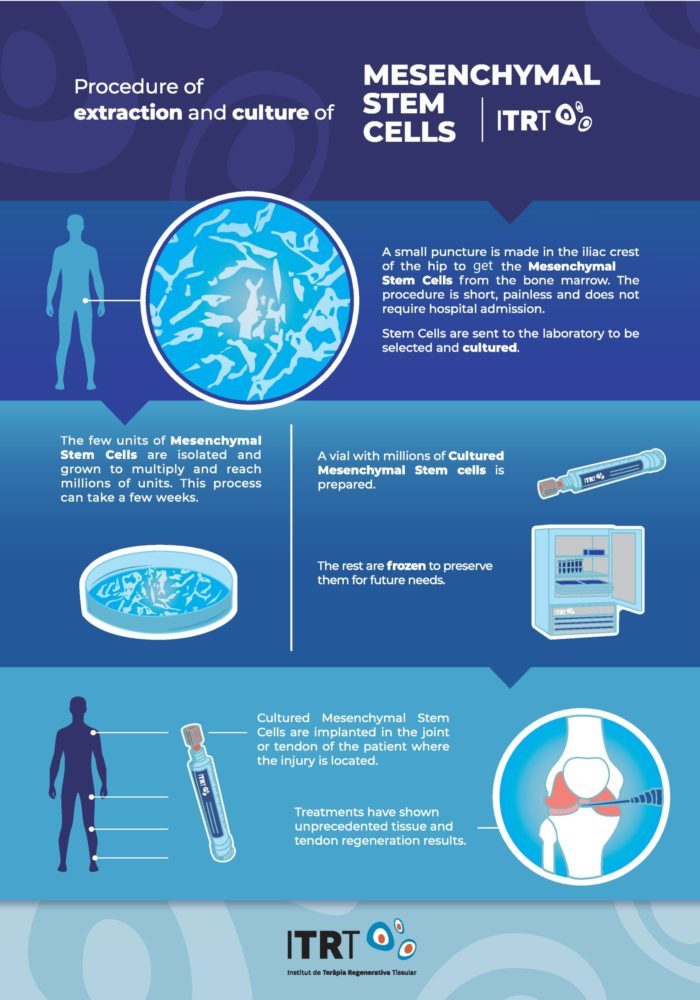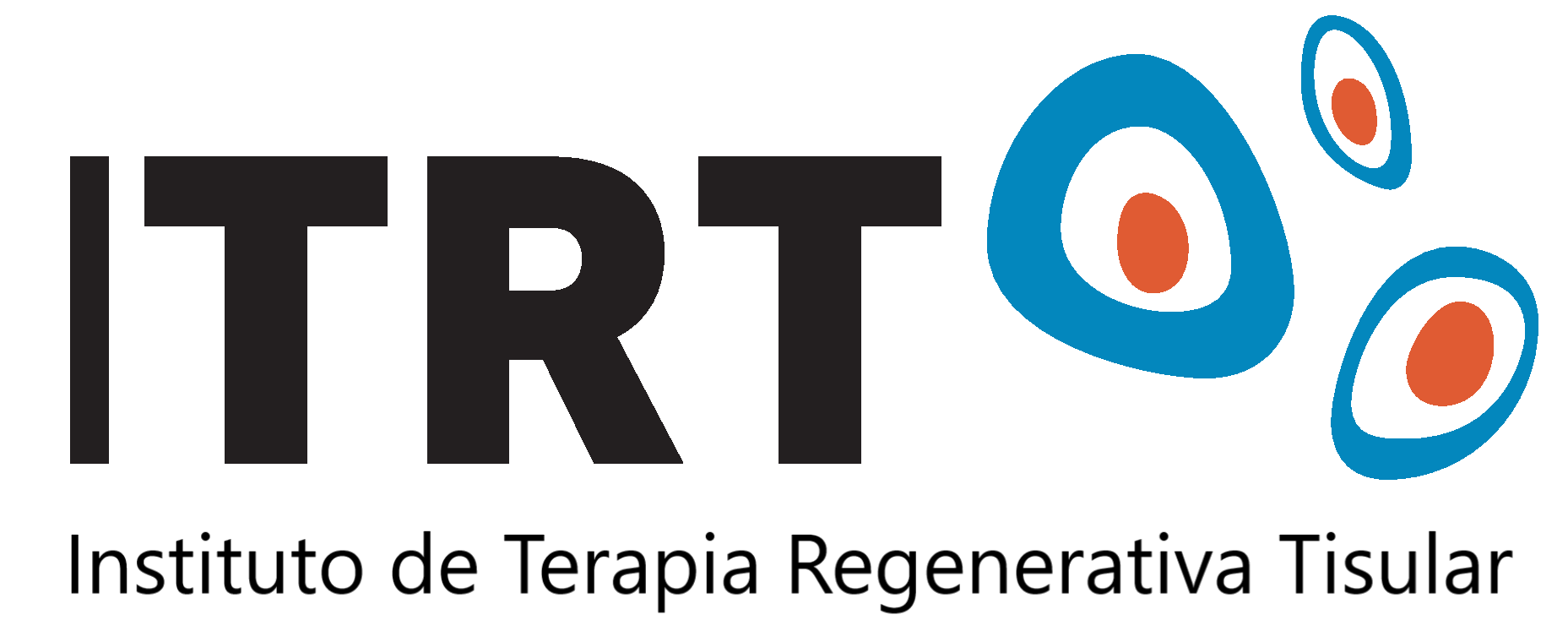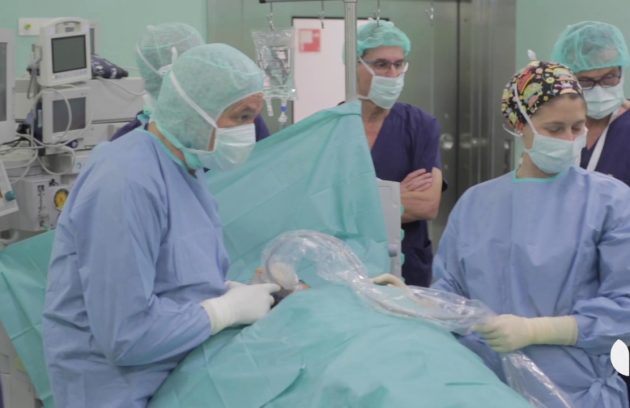Xerostomia Treatment
Xerostomia Treatment
First Therapy worldwide
to regenerate salivary glands.
+30
patients healed from all over the world.
1
Clinical Trial proving regeneration. The sole one worldwide.
First Therapy worldwide |
+30 |
1 |
to regenerate salivary glands.
patients healed from all over the world.
Clinical Trial proving regeneration. The sole one worldwide.

Patients

Clinical Trials (Largest scientific evidence worldwide)

Implanted doses of Cultured Mesenchymal Stem Cells

Endorsed by Health Authorities
What Xerostomia is?
What
Xerostomia is?
Xerostomia refers to the subjective sensation of dry mouth. It usually occurs when the salivary flow is reduced to half.
Symptoms of dry mouth include chewing, swallowing and speech problems, as well as a tendency for halitosis, dental cavities, infections and ulcers.
Severe Xerostomia is usually caused by the adverse effects of radiotherapy and chemotherapy in patients with cancer or Sjögren’s syndrome.
ITRT is the first center to regenerate salivary glands and avoid dry mouth.
What
is Xerostomia?
Xerostomia refers to the subjective sensation of dry mouth. It usually occurs when the salivary flow is reduced to half.
Symptoms of dry mouth include chewing, swallowing and speech problems, as well as a tendency for halitosis, dental cavities, infections and ulcers.
Severe Xerostomia is usually caused by the adverse effects of radiotherapy and chemotherapy in patients with cancer or Sjögren’s syndrome.
ITRT is the first center worldwide to regenerate salivary glands and prevent dry mouth.
Xerostomia induced by cancer treatments
Radiation therapy plays a key role in the treatment of many types of oral cancer and can be applied either alone or in combination with chemotherapy or surgery.
It can, however, cause alterations in the salivary glands, which are highly sensitive to radiation.
In the long term, it can eventually destroy the tissue and the ability to salivate, which causes a reduction in or even the lack of salivary flow and ability to taste food.

Xerostomia
induced by cancer treatments
Radiation therapy plays a key role in the treatment of many types of oral cancer and can be applied either alone or in combination with chemotherapy or surgery.
It can, however, cause alterations in the salivary glands, which are highly sensitive to radiation.
In the long term, it can eventually destroy the tissue and the ability to salivate, which causes a reduction in or even the lack of salivary flow and ability to taste food.
Explain your case to us, we can help you
Why our exclusive treatment is one-of-a-kind?
Not all stem cell treatments are equal; many of them barely contain a handful of stem cells, at best.
Our exclusive therapy of cultivated stem cells is the only one in the field of Regenerative Medicine that has scientifically demonstrated its effectiveness and safety. Only ITRT applies this therapy, which is the result of over 20 years of research.
Differences of our exclusive therapy from the rest of the mislabeled ‘stem cell’ treatment:

Dosage:
We have scientifically demonstrated in clinical trial that only by using millions of units can the regeneration process be activated. Our therapy applies millions of stem cells, certified by our laboratory.

Clinical trials:
Over the course of more than 20 years, we have conducted 23 clinical trials that have demonstrated the efficacy and safety of our therapy, constituting the largest knowledge base worldwide in regenerative therapy.

Tipology:
There are many types of stem cells, but we have demonstrated that only 3 of them are effective when applied to tissues. In the laboratory, we select the correct types of stem cells to ensure regeneration.

Cellular culturing:
Once the appropriate stem cells are selected, the very small quantity obtained through isolation undergoes an activation and cuturing process, causing them to begin multiplying until reaching millions of units.

Cells from donors:
We have demonstrated in several clinical trials that we can use stem cells from other donors. This fact is very important especially for elderly patients, those with urgent needs, or serious illnesses.





